Zeus, the mighty king of the gods, was not only the ruler of Mount Olympus and wielder of thunderbolts but also a notorious lover whose many relationships, both divine and mortal, shaped the very fabric of Greek mythology.
His affairs spawned legendary heroes, divine figures, and even entire dynasties, blending the lines between gods and humans.
This complex network of relationships is as vital to understanding Zeus’s character as it is to the tales and myths themselves.
Hera: The Jealous Queen and the Long-Suffering Wife


At the heart of Zeus’s divine family was Hera, his sister and wife, whose marriage was as powerful as it was tumultuous.
Hera was revered as the goddess of marriage, family, and childbirth, the protector of marital fidelity and the sanctity of the home.
Yet, she endured Zeus’s constant infidelities with fierce jealousy and wrath, a tension that fueled many mythic dramas.
Hera’s wrath often fell on Zeus’s lovers and their children, from sending serpents to kill baby Heracles to causing turmoil for others caught in the web of divine jealousy.
Despite her vengeful nature, Hera’s role in mythology goes beyond a jealous wife; she was a central figure upholding social order and family values.
Her temples dotted the ancient Greek world, a testament to her importance in both the divine and mortal spheres.
Her stormy relationship with Zeus symbolized the challenges inherent in power and passion, revealing a god whose authority was never uncontested, even at home.
Alcmene and the Birth of Heracles: A Hero’s Divine Origin
Among Zeus’s mortal lovers, Alcmene stands out most notably as the mother of Heracles, the quintessential Greek hero.
Zeus, ever the shapeshifter, disguised himself as Alcmene’s husband, Amphitryon, to be with her. This union produced Heracles, whose legendary feats of strength, courage, and endurance have echoed through the millennia.
Heracles’s story is one of hardship and redemption, shaped in no small part by Hera’s relentless persecution. She sent serpents to kill him as an infant and later imposed the famous Twelve Labors that would ultimately lead him to immortality.
Through Heracles, Zeus’s mortal affairs took on cosmic significance, bridging the realms of gods and men. Heracles’s eventual ascension to Olympus symbolized the ultimate union of mortal struggle and divine reward.
Leto: Mother of the Radiant Twins Apollo and Artemis
Leto, a Titaness, was the mother of two of the most important Olympian deities: Apollo and Artemis.
Zeus’s affair with Leto was fraught with peril, as Hera’s jealousy drove the goddess into hiding during Leto’s pregnancy.
After wandering in search of a place to give birth, Leto found sanctuary on the floating island of Delos, where she bore the divine twins.
Apollo, god of the sun, prophecy, music, and healing, and Artemis, goddess of the hunt, wilderness, and childbirth, represent two sides of nature and culture—light and dark, civilization and wildness.
Their births signaled a powerful expansion of the Olympian family, with Zeus’s relationship to Leto producing two gods whose influence permeated every aspect of ancient Greek life and religion.
Danaë and Perseus: Mortal Lineage and Divine Intervention
Danaë was a mortal princess visited by Zeus in a form as unique as the circumstances of their union—golden rain.
This union produced Perseus, a hero famed for slaying Medusa and rescuing Andromeda. Perseus’s exploits underscore the enduring legacy of Zeus’s mortal relationships, as many of these offspring became pivotal figures in mythological history.
The story of Danaë also highlights Zeus’s ability to circumvent human boundaries, his divine power enabling him to reach mortal women in extraordinary ways.
Through Perseus, Zeus’s influence extended far beyond Olympus, shaping heroic narratives and linking divine power with human fate.
Semele and Dionysus: The God Born of Tragedy and Ecstasy
Semele, a mortal princess, was one of Zeus’s most tragic lovers.
Entranced by Zeus, she was granted a fatal wish to see his true divine form. Unable to withstand the sight, she perished, but Zeus saved their unborn child by sewing him into his thigh.
From this extraordinary birth came Dionysus, god of wine, revelry, ecstasy, and transformation.
Dionysus’s complex character embodies both liberation and chaos, reflecting the paradoxes within Zeus’s relationships—joy and destruction, mortality and divinity intertwined.
The cult of Dionysus celebrated the breaking of social norms and communion with the divine through ecstasy, marking a spiritual and cultural shift in the ancient world.
Lesser-Known Lovers & Kids:
- Electra: One of the Pleiades, mother of Dardanus and Iasion, founders of Troy and the Eleusinian Mysteries.
- Chalciope: Mother of Linus (a tragic musician figure).
- Thyia: Mother of Magnes and Macedon, eponymous ancestors of Macedonians and Thessalians.
- Eurynome: Oceanid nymph; mother of the Charites (Graces).
- Calypso: Ocean nymph; lover in some myths, but more commonly associated with Odysseus.
- Aegina: Nymph; mother of Aeacus, grandfather of Achilles.
- Dione: Sometimes considered the mother of Aphrodite in the Homeric hymns.
- Nemesis: Goddess of retribution; mother of Helen (in some versions), fathered by Zeus in swan form.
- Danaus: Through various mortal women, Zeus fathered many kings and heroes—linked to several royal genealogies.
- Alcmene’s other sons: Some versions name Iphicles as the half-brother of Heracles (different father), but stories often intertwine.
- Hippolyta (Amazon queen): In some rare variants, Zeus fathers a child with Hippolyta.
- Eileithyia: Goddess of childbirth; occasionally linked with Zeus in obscure myths.
- Themis: Titaness of divine law; mother of the Horae (seasons) and Moirai (Fates).
- Mnemosyne: Titaness of memory; mother of the Muses by Zeus.
- Eurydice: Minor mortal figure; in some variants mother of Linus.
- Calisto’s other children: Besides Arcas, sometimes linked with other offspring.
- Semele’s sister, Ino: Some myths suggest Zeus had relations with Ino, the mother of Melicertes.
- Hermione: Daughter of Helen and Menelaus; sometimes associated with Zeus’s divine favor.
- Pandora: In some versions, Zeus is linked to Pandora’s creation and story, though not a consort.
Notable Mortal Affairs Leading to Important Heroes:
- Alcmene — Heracles
- Danaë — Perseus
- Semele — Dionysus
- Io — Epaphus
- Europa — Minos and others
These relationships, though less frequently spotlighted, enriched the mythological world, connecting divine narratives with human genealogies and local cults.
Zeus’s many relationships, whether marked by passion, conflict, or tragedy, reveal a god whose influence stretched far beyond his thunderbolt.
They underscore the intermingling of the divine and mortal, the eternal and ephemeral, and the complex nature of power, love, and legacy in Greek mythology.






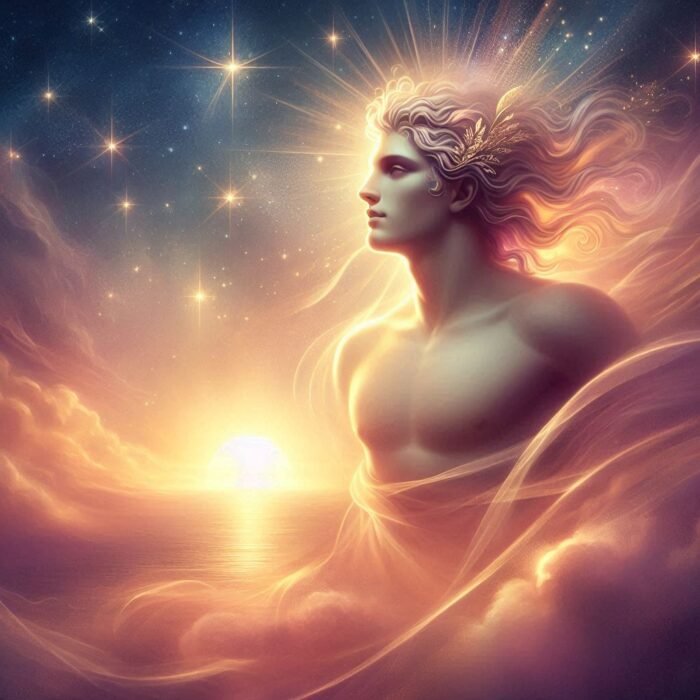
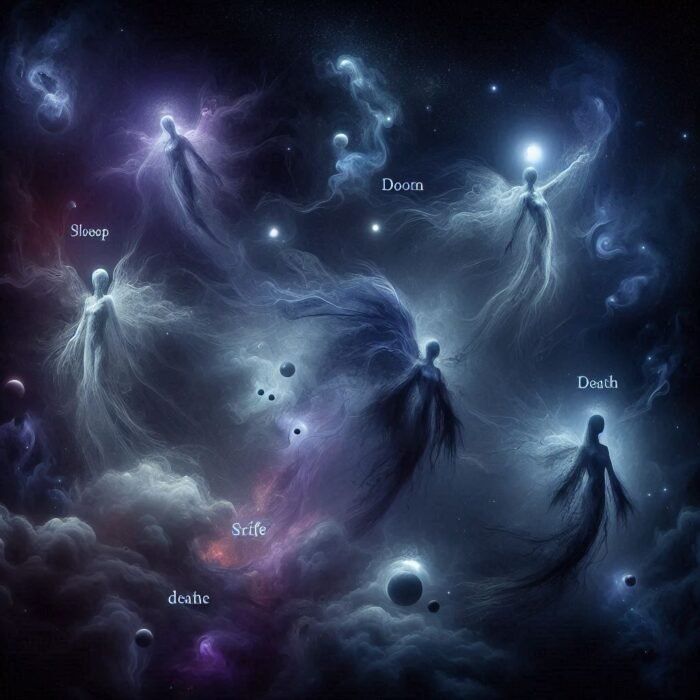
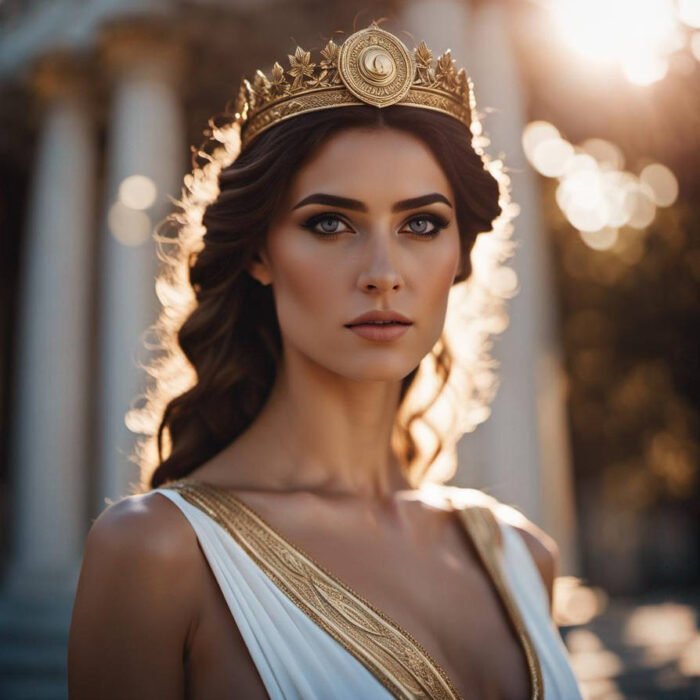
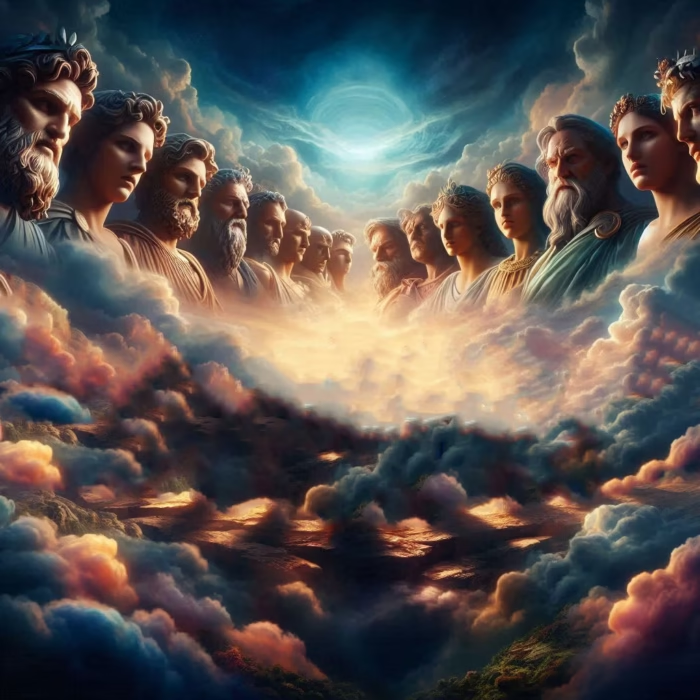
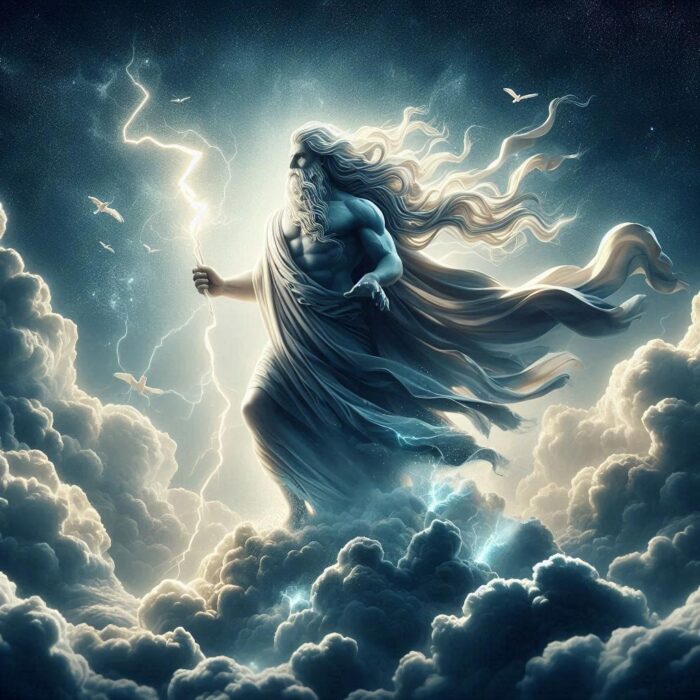
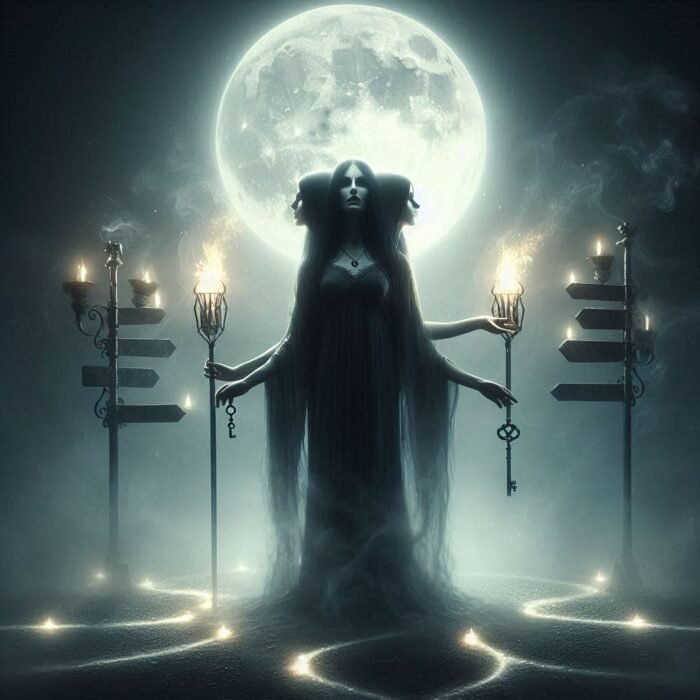
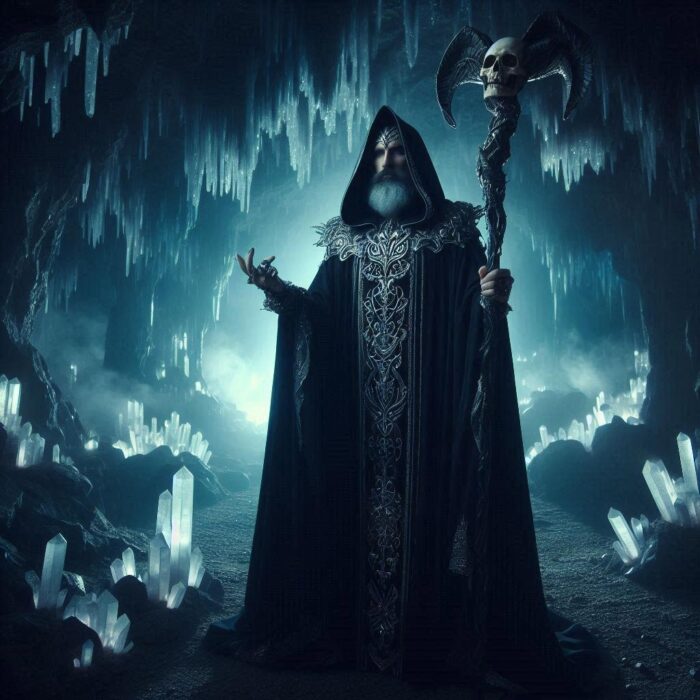


Comments